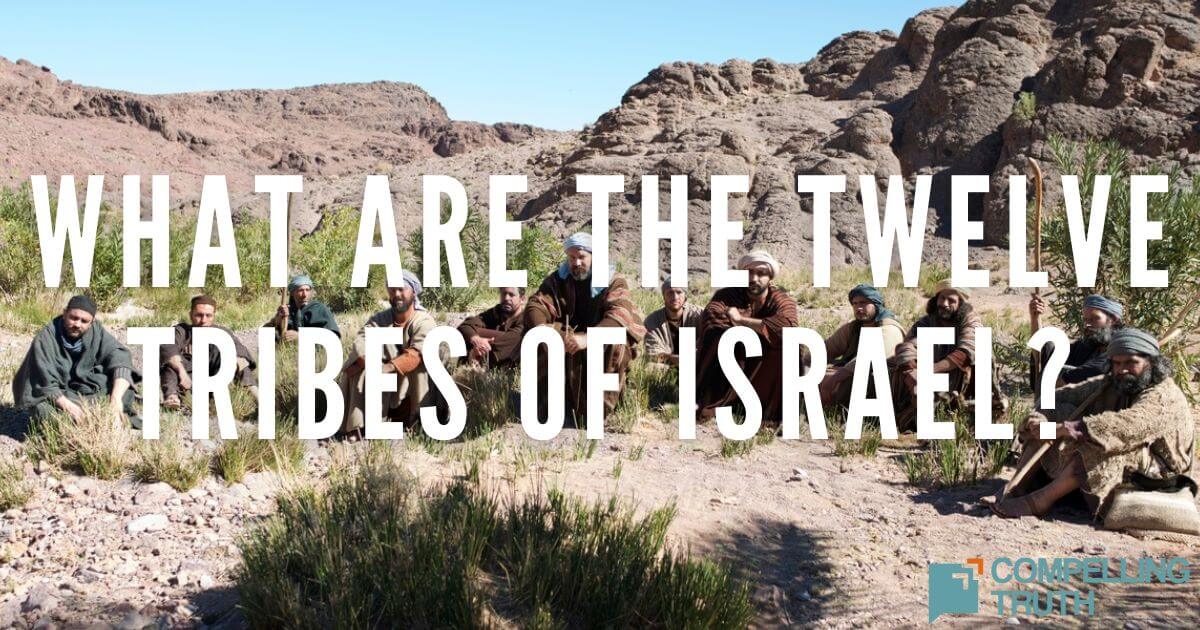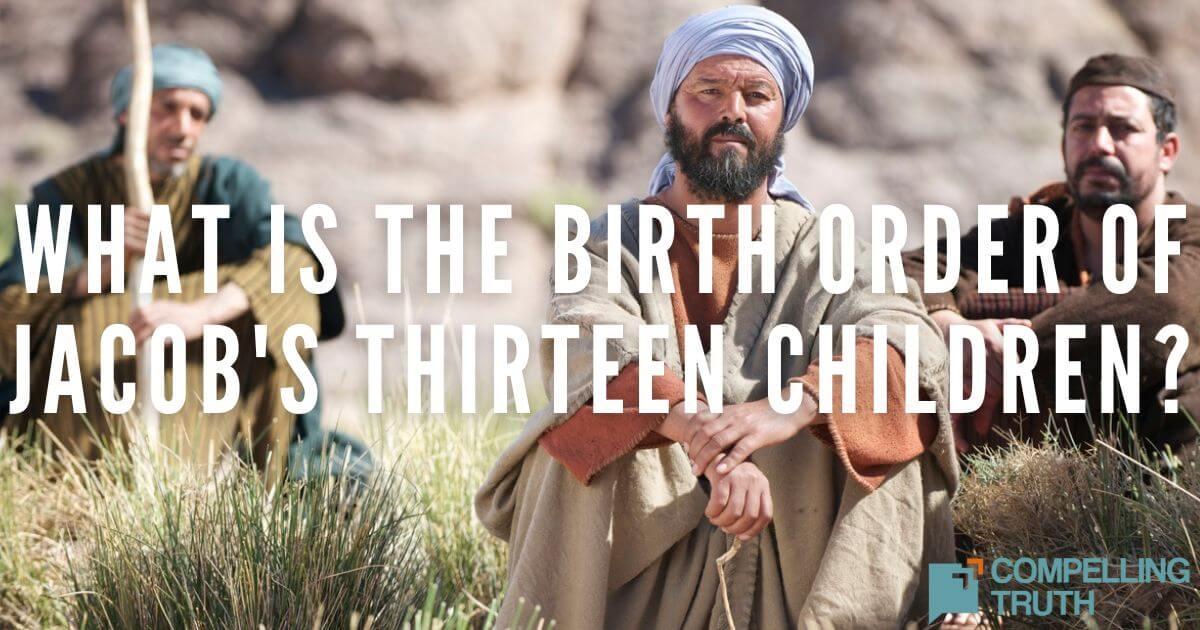Reuben was the firstborn son of Jacob and his wife Leah. As one of Jacob's twelve sons, he was a forefather of one of the tribes of Israel—the tribe of Reuben. Reuben started strong and had some moments of honor, but he made some unwise and sinful decisions that negatively impacted the ongoing trajectory of his tribe.
One personal application we can derive from Reuben's story is the importance of making wise decisions and maintaining integrity, especially when in a position of influence. Reuben began with great potential and honor as the firstborn son, yet his poor choices, particularly his disrespectful act with Bilhah, led to a loss of his birthright and a negative impact on his tribe's legacy. Sin never tells us the consequences that it will bring, but we know that there will always be consequences. Galatians 6:7–9 warns us that our actions have consequences: “Do not be deceived: God is not mocked, for whatever one sows, that will he also reap. For the one who sows to his own flesh will from the flesh reap corruption, but the one who sows to the Spirit will from the Spirit reap eternal life. And let us not grow weary of doing good, for in due season we will reap, if we do not give up.”
This teaches us that our actions, especially those that compromise our integrity, can have lasting consequences not only for ourselves but also for those who rely on us or look up to us. It highlights the need for personal responsibility and the long-term impact of our choices. Staying true to God’s Word and His ways and making decisions with a consideration for their broader impact can help us maintain our integrity and positively influence those around us.




